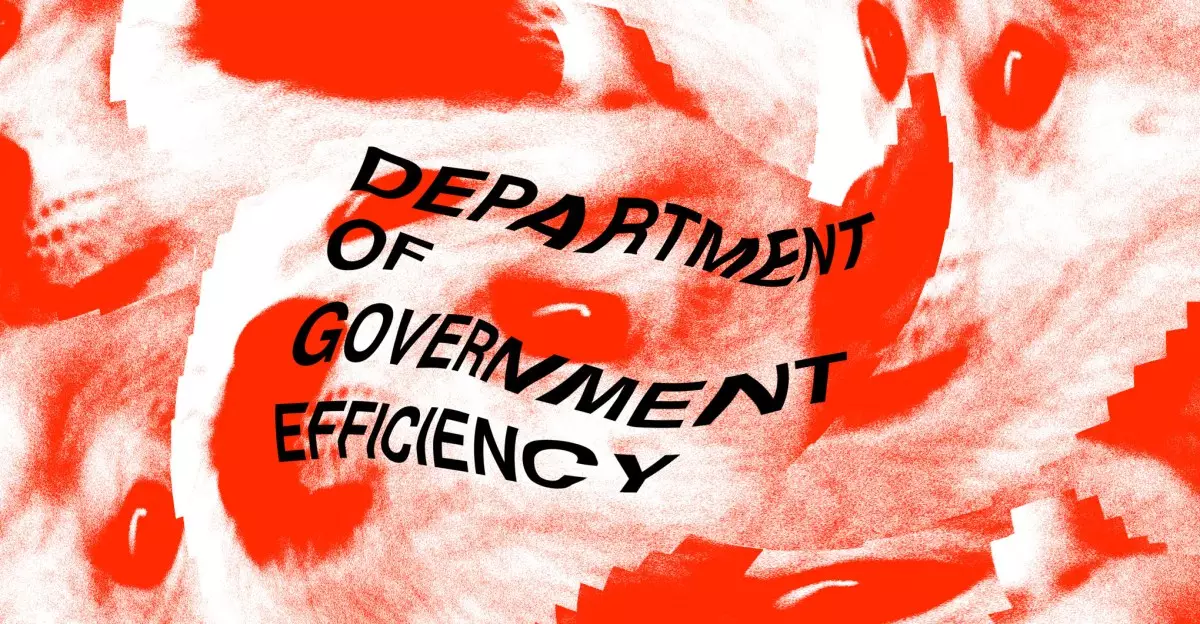The Department of Government Efficiency (DOGE), spearheaded by the controversial tech mogul Elon Musk, is launching a groundbreaking initiative: the development of a ‘mega API’ to facilitate seamless access to Internal Revenue Service (IRS) data for third-party software applications. This endeavor, as reported by Wired, aims to create an ecosystem where data can be migrated to a cloud platform, potentially leveraging commercial services to serve as the IRS’s “read center.” Such a vision raises questions about transparency, privacy, and the true implications of opening government data floodgates to private entities.
Concerns Over Feasibility and Expertise
While the ambition of DOGE and its leaders Gavin Kliger and Sam Corcos is commendable, insiders within the IRS have expressed serious doubts about the feasibility of completing this project within the demanding 30-day timeline. One employee’s candid remarks label the timeframe as “not technically possible,” hinting at the immense technical challenges involved in managing and streamlining an organization as complex as the IRS. The intricacy of IRS data—requiring years of understandings—suggests a disconnect between DOGE’s enthusiasm and the ground realities faced by seasoned IRS professionals. Critics question the experience level of the team, which appears to comprise individuals with scant exposure to government operations, let alone the subtleties of tax law and management.
Implications of Third-Party Data Access
Involving data analytics companies like Palantir raises alarms regarding privacy and governmental overreach. Historically, Palantir has been at the forefront of data collection and surveillance, often facing scrutiny for its role in government operations. By granting such entities expansive access to sensitive IRS data, there looms the risk of misuse. Critics argue that the initiative may serve not only to enhance efficiency but also to amplify surveillance capabilities, intersecting uncomfortably with the realms of civil rights and personal privacy. Such an approach seems ignited by objectives that extend beyond just operational efficiency, possibly driven by political motives.
A Broader Context of Data Accessibility
This push for a mega API isn’t just an isolated project; it resonates with a broader trend in governmental agencies seeking ways to innovate and streamline processes through technology. However, this recent effort by DOGE seems notably more aggressive, suggesting an inclination to prioritize speed over thoroughness. With watchdogs like Senators questioning the approach taken by DOGE, public sentiment is cautious, balancing the lust for efficiency with the need for accountability and ethical oversight.
The clash between innovation and the established bureaucratic framework is palpable. While technology can undoubtedly enhance government operations, the delicate balance of data management should not be jeopardized in the race to modernize. As DOGE flirts with the complexities of IRS data access, the long-term implications for both efficiency and citizen trust will remain a pressing concern in the realm of technology-oriented governance.

